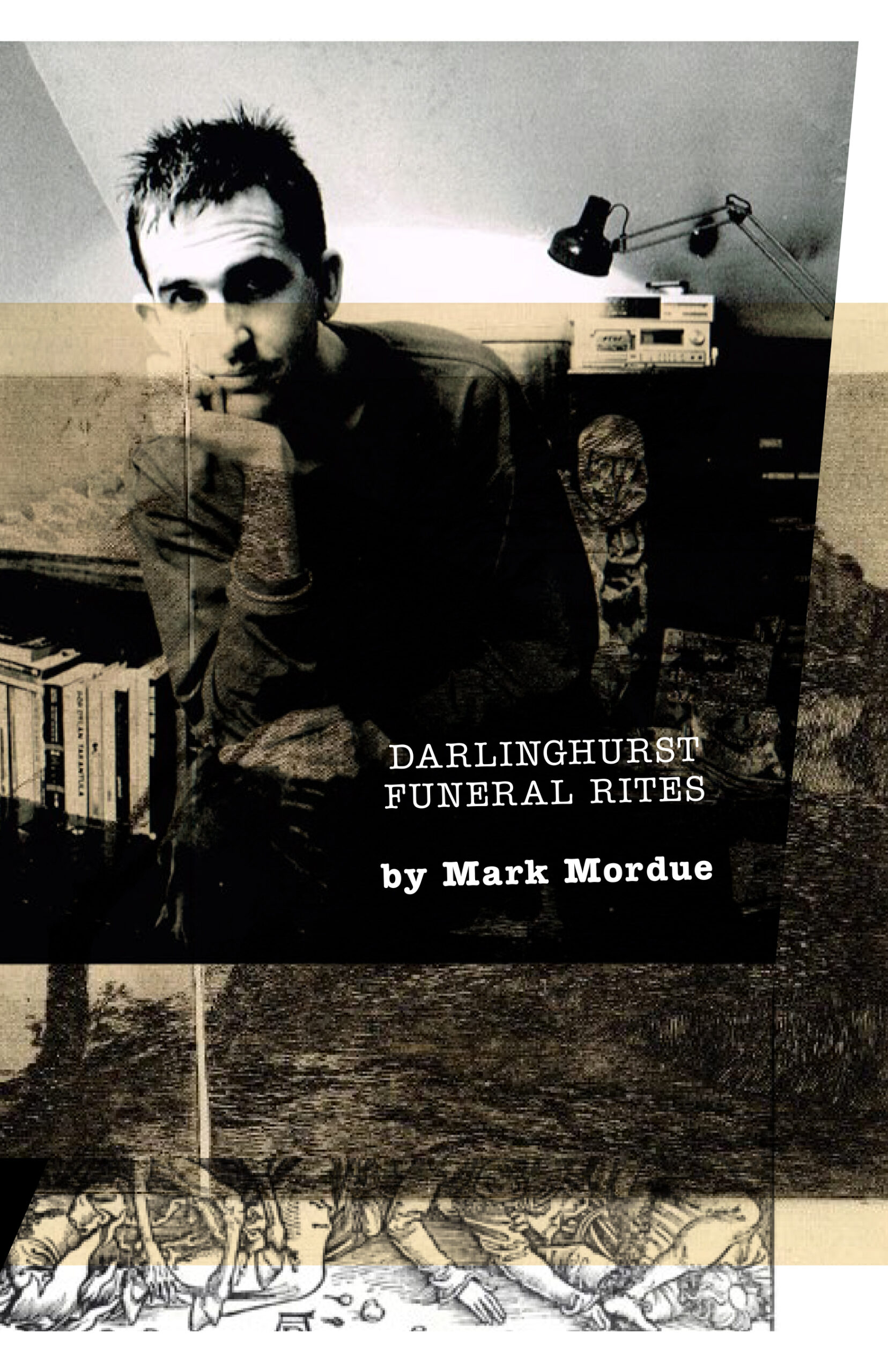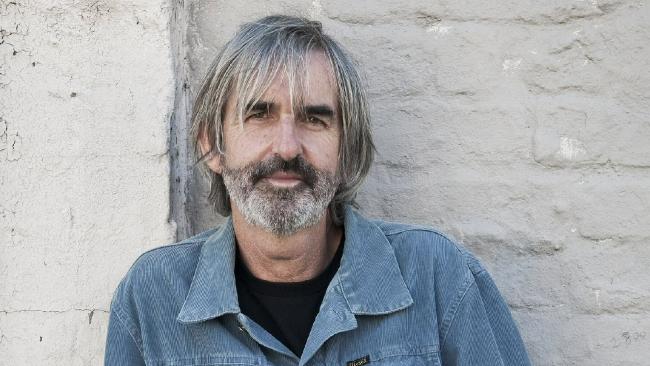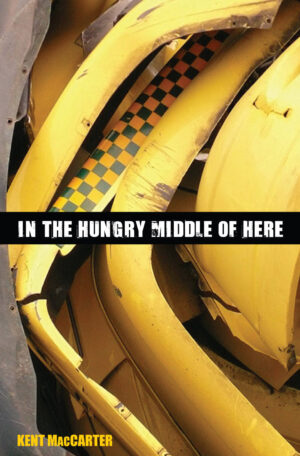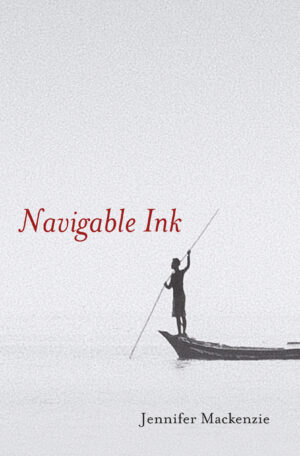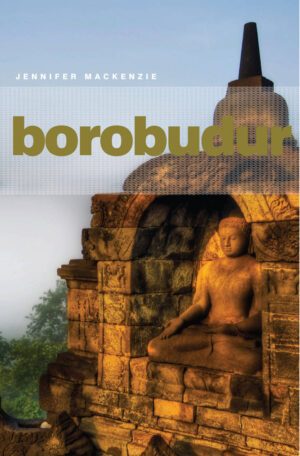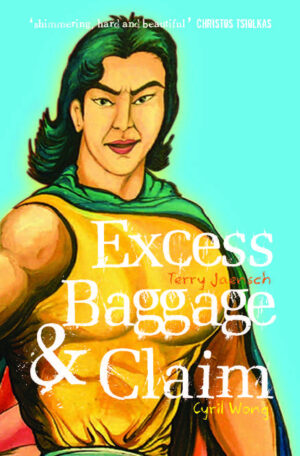We have a long and troubled history of ignoring our poets in Australia. It seems to takes centuries before we feel comfortable enough to call our greatest artists masters, and many contemporary lyricists are forced to work in other disciplines to make ends meet – and the critics paying attention. Look at Luke Davies, the author of Candy and a series of excellent, underrated chapbooks; look at Dorothy Porter, still not given her dues; look, even, at Banjo Paterson, a controversial figure in his time who only reached martyrdom after his death.
It would be a crime if Mark Mordue’s new chapbook, Darlinghurst Funeral Rites was treated the same way – not only because it is one of the most moving and immediate works of the year, but because it is one of those collections that speaks directly to the moment; to the now. Its grasp on the contemporary is white knuckle, and such is the book’s warmth and immediacy that particular poems feel custom-fit for this version of Sydney – a Sydney in flux, wracked by the lockout laws and divided neatly down the middle between the haves and the have nots; the wealthy and the poor.
There are times, indeed, when Darlinghurst feels more like a painting than a literary work
It’s ironic then that much of the book is dedicated to the spectre of the past. Part memoir, part work of history, part tone poem cycle, Darlinghurst is a deliberately vague, ambiguous work – one that finds much of worth in minutiae. So don’t go into Darlinghurst expecting a Proustian, Knausgård-esque road map into nostalgia; the poems contained within are glimpses rather than topographical glares, and Mordue’s focus is on the essential, everyday moments that make up our every day lives rather than the bigger, dramatic turning points that he leaves for the writers of fiction.
There are times, indeed, when Darlinghurst feels more like a painting than a literary work – like a swirl of colours, and snatches of conversations, and loves lost, and hearts broken. And that is not even to mention Mordue’s impressive control of tone: although draped in a thin veil of melancholia and mourning – that title becomes increasingly literal as the poems proceed – there are moments of manic joy buried throughout, and great, almost startling flashes of beauty.
If Darlinghurst could be crudely summarised, it would be as such: things change. But of course, like all truly great works, the book is never that simple; it is, somehow, paradoxically, a joyful elegy; a red wine-stained love letter; and a note on both trauma, and the trembling things that overtake us when we first fall for our beloved. There are few books like it that have been published this year. Seek it out immediately.
Joseph Earp, 12 October 2017 http://thebrag.com/darlinghurst-funeral-rites-moving-elegy

